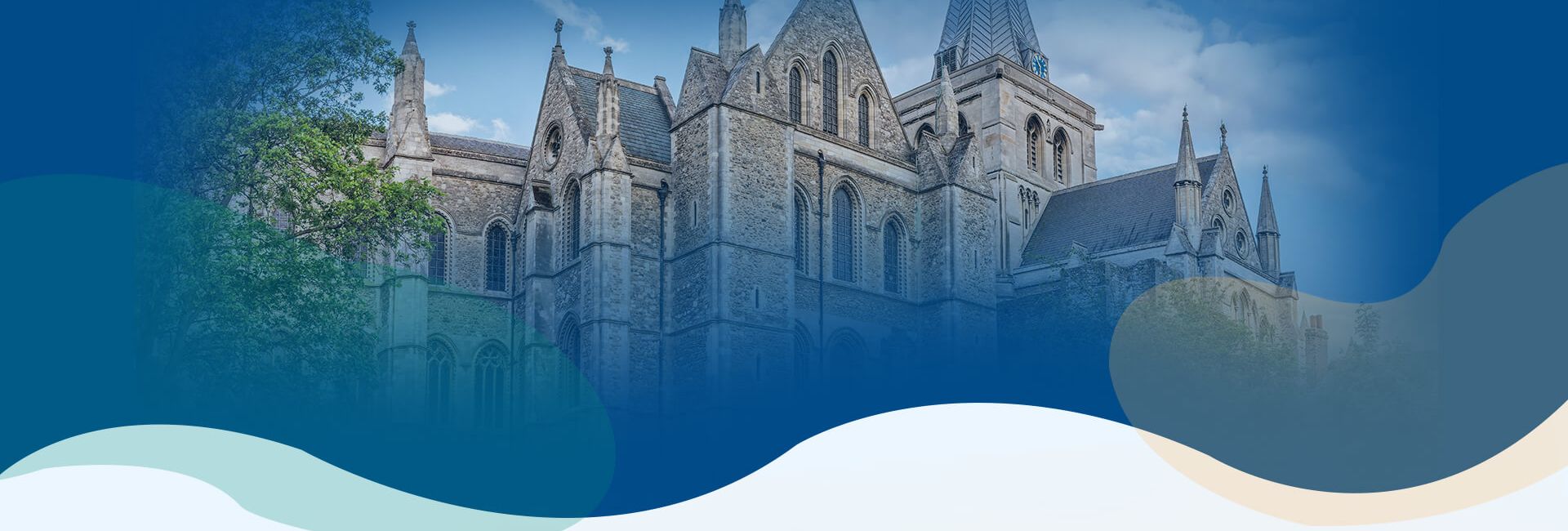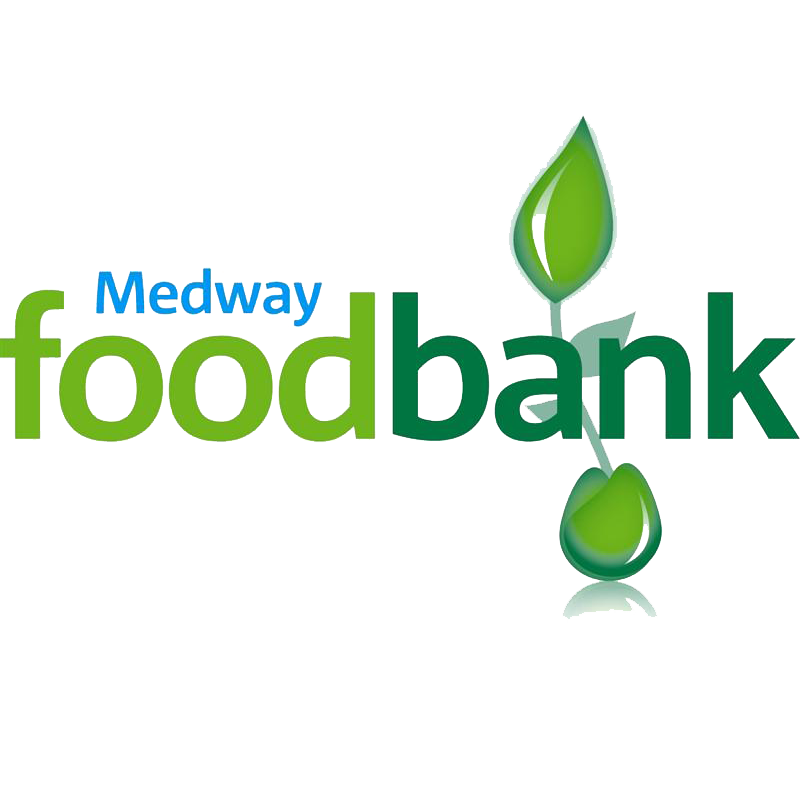You might be able to declare yourself bankrupt if you can't pay your debts and the amount you owe is more than the value of the things you own.
The bankruptcy period usually lasts 12 months. If you go bankrupt, most of your creditors won’t be able to contact you about your debts or take you to court.
To decide if bankruptcy is right for you, check:
- what you’ll have to pay
- which debts are covered by bankruptcy
- how bankruptcy might affect things like your home, belongings and bills
- how you dealt with your debts before going bankrupt
If you’re applying to stay in the UK or become a British citizen
If you're declared bankrupt, this could have an impact on your immigration status or any application you're making for British nationality.
Check what you’ll have to pay
You'll need to pay £680 if you decide to apply for bankruptcy.
You can pay in installments, but you'll need to pay the whole amount before you submit your bankruptcy application.
If you're struggling to raise the bankruptcy application fee, you might be able to apply for a grant or get help from a charity.
If you have spare income
If you're earning and have a small amount spare, you might be asked to make payments towards your bankruptcy debts.
You don't have to make payments if either:
- your only income is from benefits
- you have no spare money to pay towards your debts after paying reasonable living costs
Check if you’ll need to pay towards your debts.
Check which debts are covered
You might still have to pay some debts like court fines, student loans and child maintenance arrears. Check which debts bankruptcy covers.
Check how bankruptcy might affect you
Before you decide whether to go bankrupt, you’ll need to:
- check how bankruptcy could affect your home
- check how bankruptcy could affect your belongings
- check how bankruptcy could affect your money and bills
If you’re a solicitor, accountant, work in the financial sector or run your own business, you should also check how bankruptcy could affect your job.
Check where your bankruptcy will be published
Your bankruptcy won't be published in a newspaper, unless there’s been a high level of public concern or complaint about your financial conduct.
Your bankruptcy will be published on 2 government websites that list people who have gone bankrupt. The websites are called the Insolvency Register and the Gazette.
The websites usually include your name and address. If you’re worried someone will hurt you or your family, you can apply for your address to be hidden when you apply for bankruptcy.
You can:
Check how you dealt with your debts before going bankrupt
After you’ve gone bankrupt, an ‘official receiver’ checks if you did your best to avoid bankruptcy. For example, they check if you:
- paid some debts before others
- spent or borrowed much more than you needed to
- gave a lender the wrong information so you could get credit
You can still go bankrupt if you’ve done these things, but you might have to follow the bankruptcy restrictions for longer. Check the rules about what you did before bankruptcy.
If bankruptcy isn’t right for you
You might be able to make a different agreement to deal with your debts instead. What’s best for you depends on your circumstances - check your options for getting out of debt.
You may wish to speak to a Debt Adviser about the alternative options available as they may be more appropriate.
Arrange an appointment with a Debt Adviser by calling 01634 383760, or by accessing our Contact Form.








